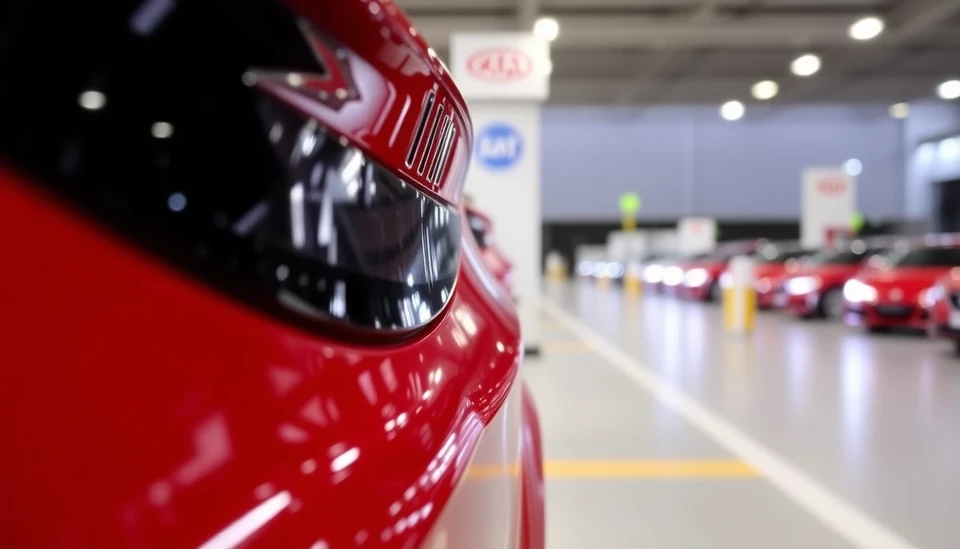
In a recent opinion piece published by Bloomberg, the debate surrounding the European Union's tariffs and the criticism levied against billionaire industrialist Jim Ratcliffe, the founder of INEOS, takes center stage. Ratcliffe has voiced his concerns about the impact of these tariffs on British manufacturing, but evidence suggests that his claims may be misplaced.
Ratcliffe's INEOS is a prominent player in the chemical and manufacturing sector, and his perspective carries significant weight. He argues that the EU's tariffs pose a threat to the competitiveness of UK businesses, especially as UK manufacturers navigate the challenging post-Brexit landscape. According to Ratcliffe, these tariffs have resulted in increased operational costs, which ultimately sabotage domestic production and jobs.
However, a closer examination of the context reveals that while tariffs undeniably affect trade dynamics, the narrative perpetuated by Ratcliffe oversimplifies the complex factors at play. Tariffs are a tool employed by governments worldwide to achieve various policy objectives, yet they are not the sole determinant of a company's success or failure.
The U.K. has also recently implemented its own sets of tariffs, making it crucial to consider how these domestic policies interact with EU measures. Some analysts argue that instead of solely blaming the EU's tariffs, Ratcliffe's attention could be directed towards addressing broader strategic miscalculations within his industry and fostering innovation to ensure long-term viability and competitiveness.
Moreover, the global market is characterized by rapid technological advancements and shifting consumer preferences. Economic resilience in the face of tariffs requires adaptation, and examining how businesses can pivot and leverage innovation could yield more fruitful results than pointing fingers.
If Ratcliffe is genuinely concerned about protecting British manufacturing, collaborating with policymakers to create a more favorable regulatory environment or investing heavily in innovation and sustainability might be more effective than attempting to shift blame to external factors.
In conclusion, while Ratcliffe’s concerns regarding tariffs merit consideration, attributing the challenges faced by British manufacturers solely to these levies overlooks the multifaceted nature of the problem. A holistic approach that encourages innovation and collaboration will prove far more beneficial in ensuring the resilience of the U.K. manufacturing sector in the face of international competition.
#INEOS #JimRatcliffe #Europe #Tariffs #Manufacturing #Brexit #Innovation #Economy #TradePolicy #BusinessStrategy
Author: Daniel Foster




